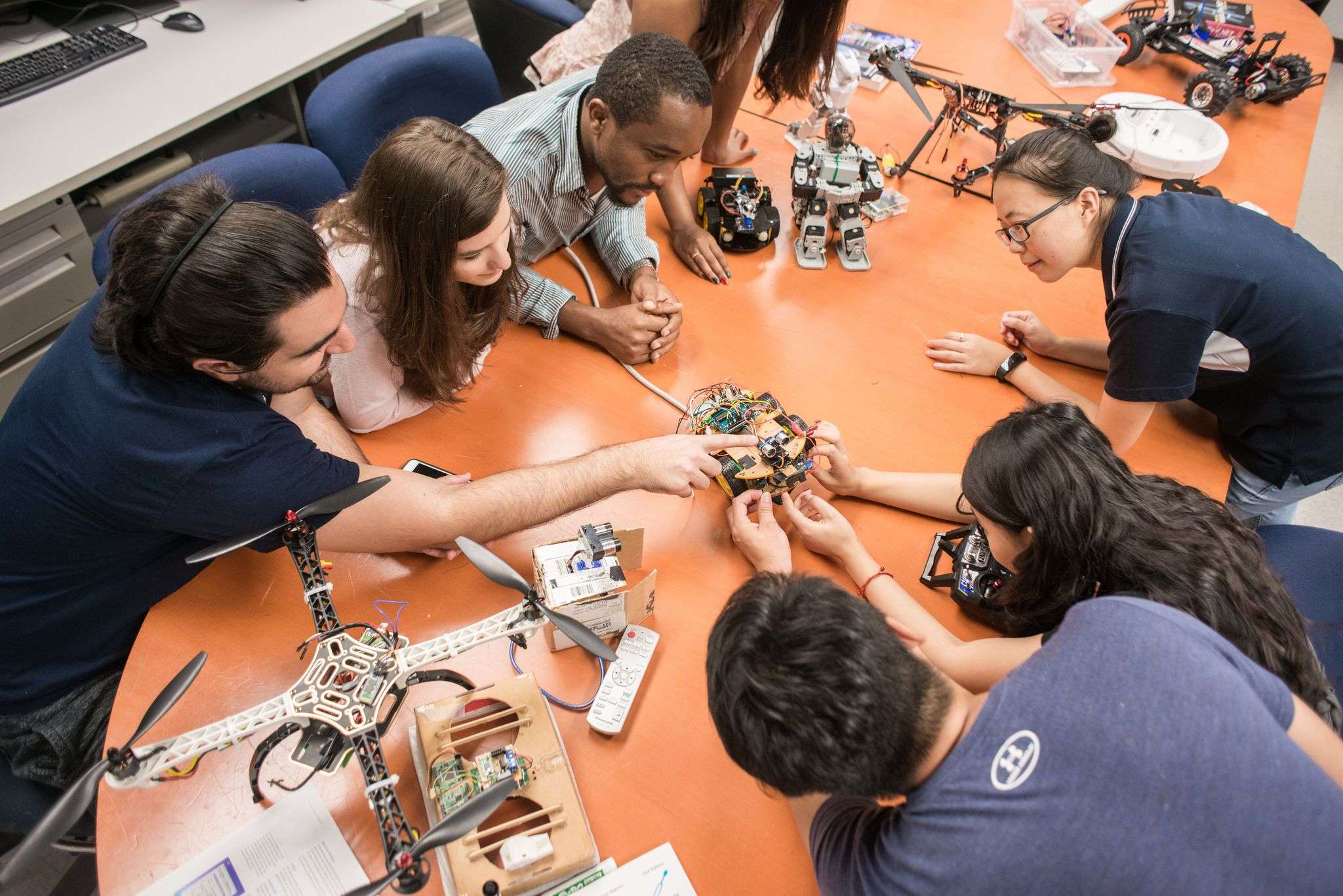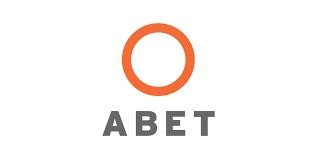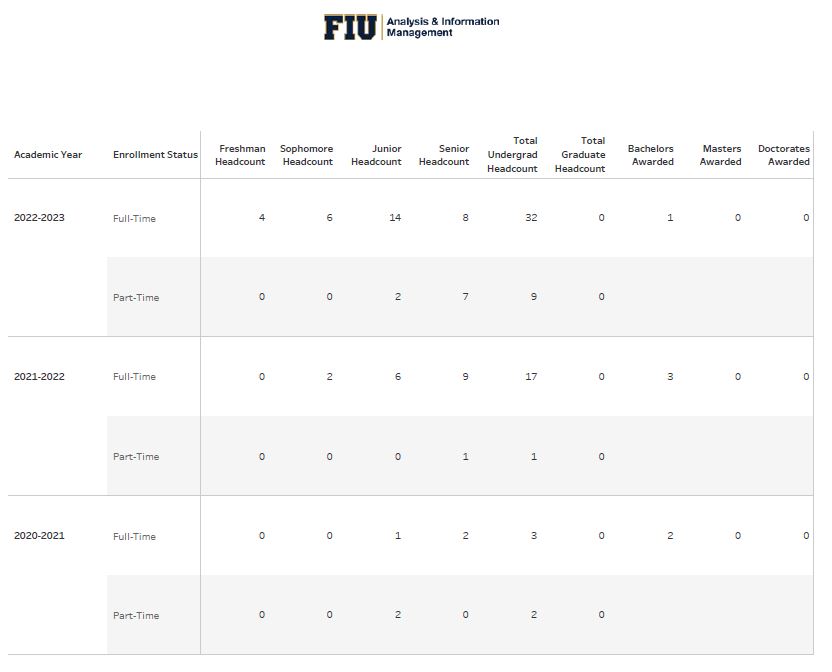Overview

Program Educational Objectives
The curriculum is designed to give students a broad understanding of the fundamentals of science and engineering, and to develop students into engineering leaders who utilize a systems perspective to collaborate across disciplines and design innovative, human-centered solutions to local, national, and global challenges.
As a result, the program educational outcomes of the BS in Interdisciplinary Engineering are to develop graduates who, within three to five years after graduation, will:
- Exhibit strong critical thinking, design, and problem-solving skills within the engineering industry, an advanced degree program, or another field where they can apply these skills.
- Demonstrate an increasing level of leadership and professional responsibility by using effective communication skills and participating in multidisciplinary collaboration.
- Exhibit a commitment to professional ethics, global awareness, and life-long learning.
Student Outcomes:
At the time of graduation, students within the Interdisciplinary Engineering program at FIU will be able to demonstrate:
- an ability to identify, formulate, and solve complex engineering problems by applying principles of engineering, science, and mathematics
- an ability to apply engineering design to produce solutions that meet specified needs with consideration of public health, safety, and welfare, as well as global, cultural, social, environmental, and economic factors
- an ability to communicate effectively with a range of audiences
- an ability to recognize ethical and professional responsibilities in engineering situations and make informed judgments, which must consider the impact of engineering solutions in global, economic, environmental, and societal contexts
- an ability to function effectively on a team whose members together provide leadership, create a collaborative and inclusive environment, establish goals, plan tasks, and meet objectives
- an ability to develop and conduct appropriate experimentation, analyze and interpret data, and use engineering judgment to draw conclusions
- an ability to acquire and apply new knowledge as needed, using appropriate learning strategies.


Interdisciplinary Engineering Curriculum
Common Prerequisites 32
Admission Requirements
Prospective students are encouraged to apply as early as possible, in order to complete the admissions process. Requirements include a high school diploma, official SAT/ACT scores, and transcripts from all previously attended post-secondary institutions. Any student seeking admission to the Interdisciplinary Engineering program will be admitted directly by the Admissions Office, if and when all University Admission requirements are met. For more detailed information, visit the Admissions website and check out the IDE course catalog.
Accredited through ABET
The Bachelor of Science (BS) program in Interdisciplinary Engineering is accredited by the Engineering Accreditation Commission of ABET.


